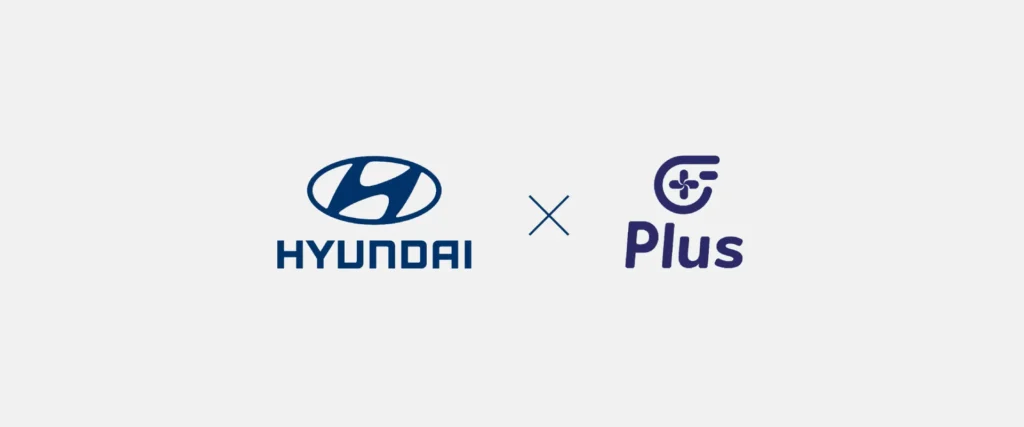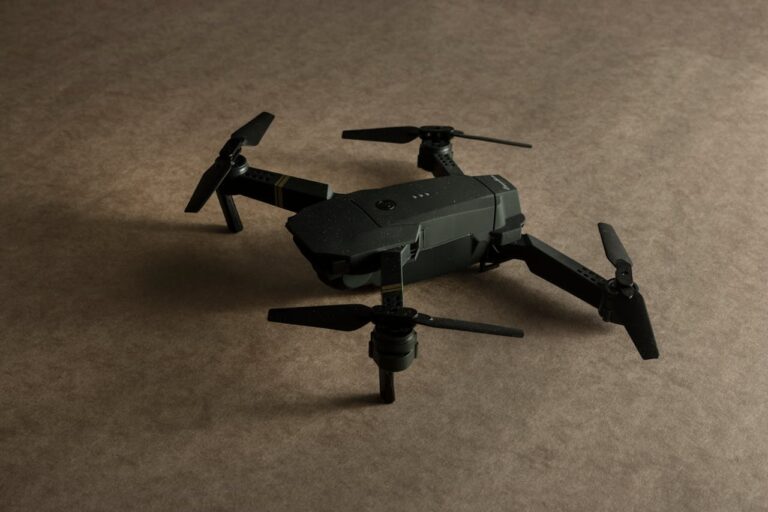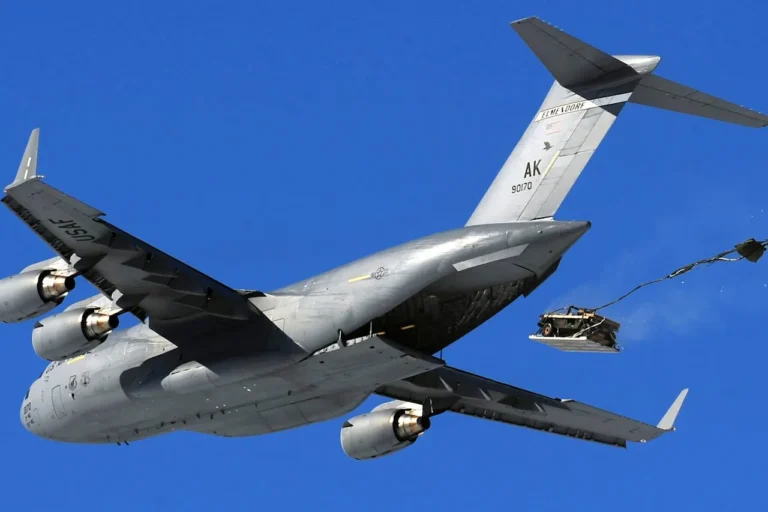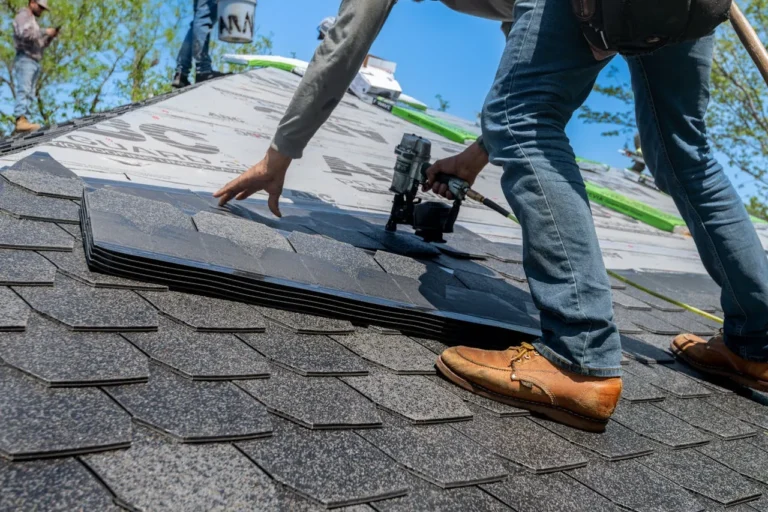
Hyundai and Plus Unveil Vision for Autonomous Hydrogen-Powered Freight at ACT Expo 2025
At the 2025 Advanced Clean Transportation (ACT) Expo in Anaheim, California, Hyundai Motor Company and autonomous driving technology firm Plus presented a bold new vision for the future of freight. Their concept — combining Hyundai’s XCIENT Fuel Cell truck with Plus’s AI-powered SuperDrive™ autonomous software — aims to revolutionize the U.S. freight network by integrating zero-emissions hydrogen fuel cell technology with scalable autonomous systems.
This joint initiative goes beyond a typical product unveiling. Instead, it lays the groundwork for an expansive hydrogen-powered freight ecosystem designed for efficiency, sustainability, and long-term economic viability. With this strategic collaboration, Hyundai and Plus are offering a forward-looking solution to one of the most pressing challenges in the transportation sector: how to decarbonize long-haul freight while meeting growing logistical demands.
A Meeting of Powertrains and Intelligence
The foundation of the vision centers on integrating two breakthrough technologies. Hyundai brings its expertise in hydrogen fuel cell vehicle engineering, specifically through the XCIENT Fuel Cell truck — the world’s first mass-produced hydrogen-powered heavy-duty truck. Meanwhile, Plus contributes its proprietary autonomous driving software, SuperDrive™, designed for L4-level autonomy and optimized for safety, reliability, and long-range logistics.
The concept envisions a future where long-haul commercial transport is carried out by hydrogen-powered trucks capable of navigating routes without human drivers, using AI-based systems to reduce risk, enhance productivity, and minimize carbon emissions. The combination, both companies argue, is not just environmentally sustainable but also operationally compelling for fleet operators.

“Hyundai Motor believes in a sustainable future powered by advanced fuel cell technologies,” said Jim Park, Senior Vice President of Commercial Vehicle and Hydrogen Business Development at Hyundai Motor North America. “We hope to continue our partnership with Plus to add autonomous driving capabilities to XCIENT Fuel Cell trucks in the future and provide our fleet operator customers with additional solutions that improve road safety and freight efficiency. The concept shared today shows why we value this partnership and the vision for what autonomous hydrogen fuel cell trucks can deliver.”
David Liu, CEO and Co-Founder of Plus, emphasized the transformative potential of this approach. “Autonomous hydrogen fuel cell trucks are a transformative step forward in sustainable freight. By combining self-driving and zero-tailpipe emission technologies, we are laying the groundwork for a cleaner, more efficient transportation system that meets the demands of today and the needs of tomorrow. We are excited to showcase a concept for the sustainable future we expect to create with innovation-driven partners like Hyundai Motor.”
Scaling a Sustainable Freight Network
The partnership between Hyundai and Plus is rooted in a broader systems-based approach to logistics. Rather than treating autonomous hydrogen trucks as isolated innovations, the two companies envision their role as catalysts for a robust, interconnected hydrogen freight ecosystem across North America.
A key element of this vision is the “hub-to-hub” deployment strategy. Instead of rolling out autonomous trucks on every road, Hyundai and Plus propose initially focusing on high-volume corridors — major routes that connect logistics hubs and distribution centers. These routes are ideal for hydrogen-powered autonomous trucks because they offer predictable patterns of use, high vehicle throughput, and centralized refueling infrastructure opportunities.
The concept video shown at ACT Expo 2025 outlines this staged deployment framework. It suggests a realistic and scalable path toward a national hydrogen freight network, which includes:
- Pilot programs on high-utilization corridors to demonstrate commercial viability
- Development of hydrogen refueling infrastructure in strategic locations along those routes
- Gradual fleet expansion, supported by infrastructure growth and route optimization
- A feedback loop where greater truck adoption spurs more fueling stations, driving down operational costs and encouraging wider hydrogen use
This rollout strategy leverages the strengths of both technologies. Hydrogen fuel cell trucks can refuel quickly and travel long distances, making them ideal for the extended trips typical of commercial logistics. Autonomous driving systems like SuperDrive™ reduce the need for human drivers, cut labor costs, and allow for more consistent and safer operation.
Together, they offer the potential for a dramatically more efficient supply chain — one that is clean, quiet, and cost-effective.
Performance and Benefits of Hydrogen Autonomous Trucks
The XCIENT Fuel Cell truck, which serves as the base platform for the concept, is already road-proven. Equipped with a high-capacity hydrogen fuel cell system, it delivers long-range performance, short refueling times, and zero tailpipe emissions. When paired with autonomous capabilities, these vehicles become highly optimized for commercial deployment.
Advantages of this approach include:
- Zero Tailpipe Emissions: Hydrogen fuel cell trucks only emit water vapor, helping to decarbonize freight logistics.
- Fast Refueling: Unlike battery-electric trucks that require long charging times, hydrogen trucks can be refueled in minutes, enabling tight delivery schedules.
- Extended Range: Hydrogen fuel cells provide the kind of range needed for coast-to-coast shipping, without the weight penalties of large battery packs.
- Quieter Operation: Reduced noise pollution benefits drivers, communities, and operators.
- Lower Maintenance: Fewer moving parts and less wear-and-tear compared to diesel engines mean reduced maintenance and downtime.
- Autonomy: SuperDrive™ can help optimize driving efficiency, detect hazards, and adapt to complex road conditions using real-time data and machine learning.
Building Momentum Through Demonstration Projects
Hyundai Motor has already made significant inroads in deploying hydrogen trucks in real-world environments. The company’s XCIENT Fuel Cell trucks are currently in use at the Ports of Oakland and Richmond as part of the NorCAL ZERO Project. This initiative, funded in part by the California Air Resources Board (CARB), represents the largest deployment of hydrogen-powered heavy-duty trucks in North America to date.
Since September 2023, 30 XCIENT Fuel Cell trucks have accumulated nearly 450,000 miles of operation in the Bay Area. The trucks are used for container hauling, demonstrating not only zero-emission performance but also day-to-day logistics capability in a high-pressure freight environment.
In addition, Hyundai is expanding hydrogen freight operations in the southeastern United States. In Georgia, 21 XCIENT trucks are active under the HTWO Logistics initiative, supporting Hyundai Motor Group Metaplant America. This operation is fueled by on-site hydrogen production and supports nearly half of the logistics activities at the plant, further validating the commercial readiness of hydrogen fuel cell technology.
A Platform for Global Hydrogen Collaboration
Hyundai’s hydrogen efforts are coordinated under its HTWO brand, which serves as both a technological foundation and a strategic collaboration platform. Through HTWO, the company is building a hydrogen value chain that includes production, refueling, storage, and vehicle integration.
The company’s long-term vision includes turning HTWO into an open ecosystem, inviting other OEMs, technology partners, governments, and infrastructure developers to co-develop solutions that speed up hydrogen adoption globally. The partnership with Plus fits squarely into this broader goal — demonstrating how advanced AI systems and hydrogen vehicles can mutually reinforce each other’s adoption.
Moreover, Hyundai aims to export its U.S.-based hydrogen logistics successes to other global markets, such as Europe and Asia. The lessons learned through deployments in California and Georgia will serve as templates for other countries looking to replicate sustainable freight corridors using hydrogen and autonomy.
A Vision That Meets the Moment
The timing of the Hyundai-Plus announcement is no accident. The transportation sector remains one of the largest contributors to greenhouse gas emissions, particularly in freight, which accounts for a significant share of energy use and carbon output. Meanwhile, labor shortages, rising fuel costs, and supply chain disruptions continue to challenge traditional logistics models.
The joint concept unveiled at ACT Expo 2025 offers a multidimensional solution:
- Environmentally, it helps reduce carbon, noise, and particulate pollution.
- Economically, it offers a pathway to lower fuel and labor costs through hydrogen and autonomy.
- Logistically, it provides a model for consistent, long-haul freight supported by smart infrastructure investments.
While significant challenges remain — including hydrogen production scale-up, infrastructure development, regulatory alignment, and autonomous driving approval — Hyundai and Plus are positioning themselves as early movers in a space that is rapidly attracting public and private investment.
Hyundai and Plus’s ACT Expo concept may be just that — a concept — but it signals a serious and actionable direction for clean freight. Both companies have proven track records in their respective domains, and their collaboration could be a key accelerant for turning hydrogen and autonomy into real-world solutions for trucking fleets across the U.S.
As more industry stakeholders explore clean freight solutions, the fusion of hydrogen fuel cell technology with autonomous driving systems offers one of the most promising combinations available today. If Hyundai and Plus can successfully scale this approach — beginning with targeted corridors and infrastructure pilots — the future of freight could very well be clean, smart, and driver-optional.




